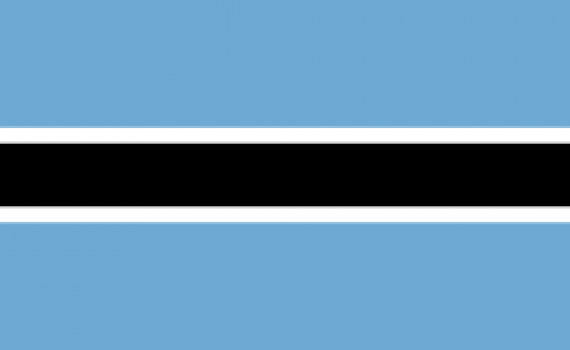
As a result of investment by the Botswana government and non-governmental agencies, valuable research is being conducted. However, research output is seldom available in the public domain, and therefore is not being used for the public good. In 2007, EIFL organized the first national open access and institutional repositories conference in Gabarone.
In 2009 the University of Botswana of the Research Innovation and Scholarly Archive (UBRISA) established an open access digital repository. In addition, the Botswana College of Agriculture began developing a digital repository to make its research openly available to enhance research and teaching.
However, understanding of open access remained limited, even at these institutions. To raise awareness, in 2011 EIFL supported the Botswana Library Consortium (BLC), our partner consortium, to build advocacy capacity and advocate for open access, targeting researchers, deans, educators, graduate students, journal editors and librarians at its member institutions, and government policy-makers.
In 2015, EIFL supported a second advocacy project, titled ‘Open Access in Botswana’, aiming to increase access to and visibility of valuable local research that could be used to contribute to development and help raise living standards in the country. The project built the advocacy capacity of open access champions (research managers and administrators), who specifically targeted parliamentarians, policy makers and leaders in development, for example, the health, enterprise and agricultural sectors.
The project also strengthened and improved existing open access repositories (like UBRISA) and supported repository development at other universities and colleges (Botswana College of Agriculture, Botho University, Department of Agricultural Research and Botswana College of Distance and Open Learning).
In 2022-2023 EIFL supported national open science and national open data policy developments.
“It will be exciting to have enabling policies that will be a driver of change. The national open science and open data policies will promote innovative processes for open science, by providing incentives - for example, rewards for researchers who innovate, and support for scholars undertaking research using open science practices. EIFL played a big role in the development of the draft policies and constantly provided expertise and experience.” - Naniki Mphakwane, Chair of the Botswana Library Consortium and EIFL Country Coordinator.
Timeline
2007 - ongoing
Activities
- Building open access advocacy capacity of research managers, research administrators and librarians.
- Awareness raising and advocacy programmes targeting national and institutional stakeholders.
- Auditing existing open access infrastructure and policies
- Strengthening institutional open access repositories; developing new repositories
- Building capacity at institutions to manage and maintain repositories
- Building policy development capacity and drafting national and institutional open access policies.
Achievements
Raised awareness and built advocacy capacity:
- Hundreds of scholars, research managers, research administrators and librarians participated in awareness-raising and advocacy workshops, and there are now open access and open science champions located at university and research institutions across the country.
- Celebration of International Open Access Week has become a regular and popular event in Botswana, with hundreds of university managers, staff, faculty and students participating in events across the country.
Developed national open science and open data policies:
- The BLC played a central role in coordinating the task force that drafted national open science and national open data policies. At the time of writing (August 2023), the two policies (open science and open data) had been submitted to the government for approval. The policies include budgets for implementation, including for establishing open access and open science infrastructures and capacity building of librarians and students.
Established open access infrastructures:
- The University of Botswana, Botswana International University of Science and Technology, Botho University, Botswana Open University, and lately Botswana University of Agriculture and Natural Resources have been the pioneers in creation of open access repositories.
More about EIFL's suport for open access and open science in Botswana
Read ‘Botswana: Making strides towards national policy’, blog by Naniki Mphakwane, Chair of the Botswana Library Consortium and EIFL Country Coordinator in Botswana. Published on the EIFL website in celebration of the 20th Anniversary of the EIFL Open Access Programme in 2023.





